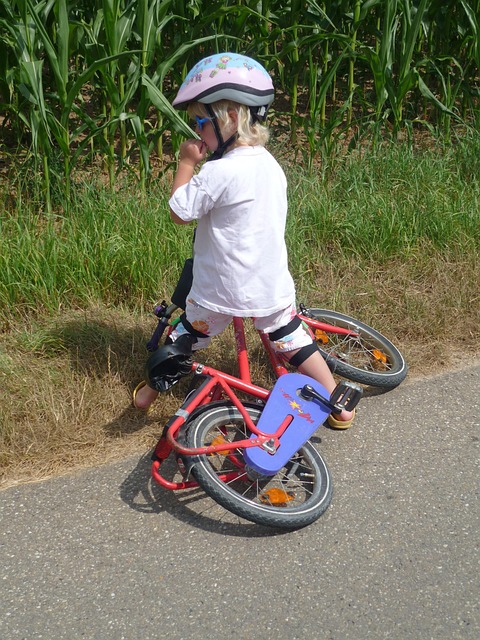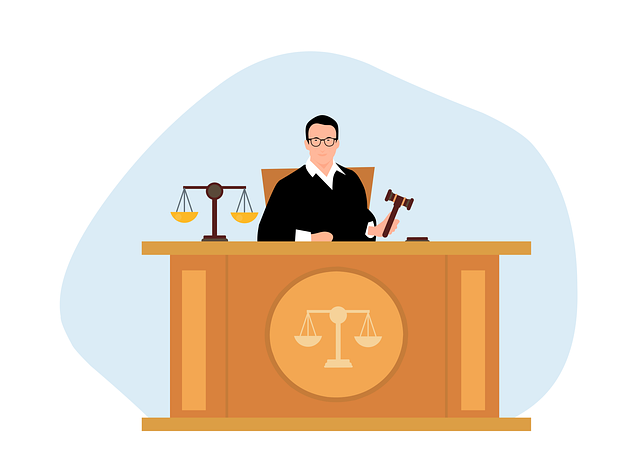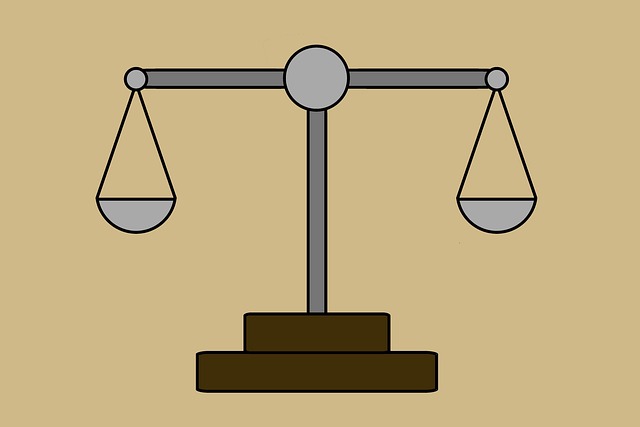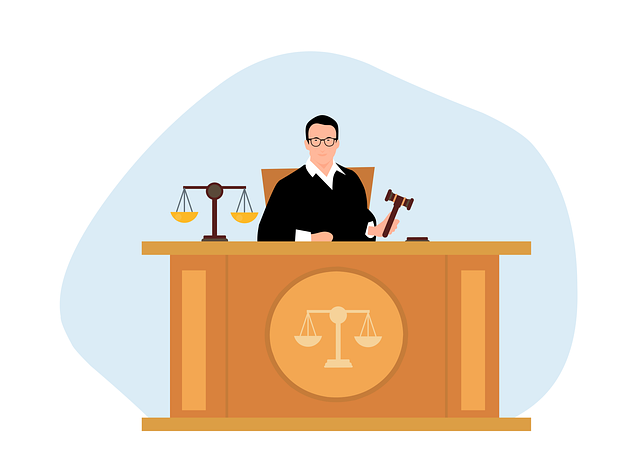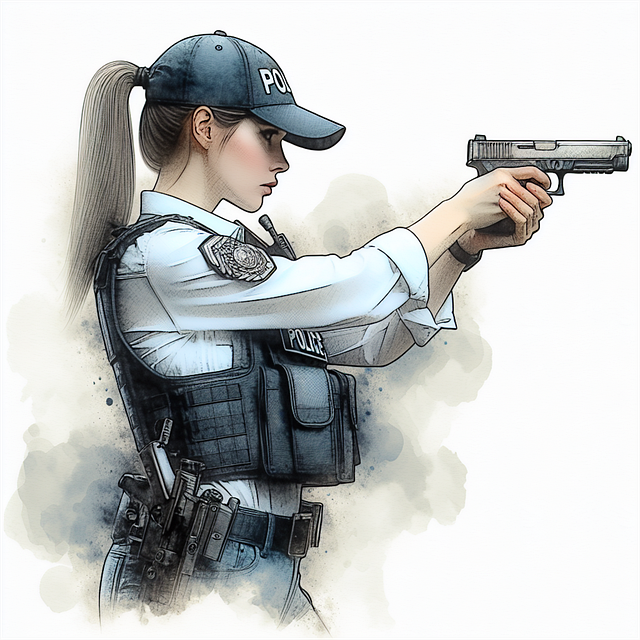Sidewalk trip and fall cases involve legal analysis of liability, negligence, and damages, with severe injuries leading to significant financial and emotional strain. Key factors include duty of care and hazard rectification, with settlements influenced by evidence of client recovery and notable precedents set by substantial awards. These cases highlight the interplay between wrongful death, breach of contract, and insurance negotiations, emphasizing proactive maintenance and consequences of neglecting sidewalk safety.
“In the realm of personal injury claims, sidewalk trip and falls often go beyond mere accidents—they can be signs of negligence. This article explores compelling case examples where individuals have successfully navigated sidewalk trip and fall settlements. From analyzing high-profile cases to understanding common causes, we delve into the factors contributing to successful claims. We also highlight notable settlements and their impact, offering insights into how these outcomes can shape future pedestrian safety measures.”
- Analyzing High-Profile Sidewalk Fall Cases
- Common Causes Leading to Successful Claims
- Notable Settlements and Their Impact
Analyzing High-Profile Sidewalk Fall Cases

When analyzing high-profile sidewalk trip and fall cases, several key factors come into play. These incidents often result in severe injuries, leading to significant financial and emotional burdens for victims. Legal professionals scrutinize the circumstances surrounding each case, examining elements such as liability, negligence, and damages. For instance, a case where a pedestrian suffers a broken hip due to a poorly maintained crack in the sidewalk can be evaluated based on the property owner’s duty of care and their failure to rectify the hazard.
The outcome of such cases can set precedents, influencing future settlements and legal strategies. While some may result in substantial monetary awards for medical expenses and pain and suffering, others might lead to agreements that address specific safety improvements. Understanding these case examples is crucial for both plaintiffs and defendants, as it highlights the importance of proactive maintenance and the potential consequences of neglecting sidewalk safety. Moreover, these examples shed light on the complex interplay between wrongful death claims, breach of contract disputes, and insurance negotiations in the context of sidewalk trip and fall incidents.
Common Causes Leading to Successful Claims
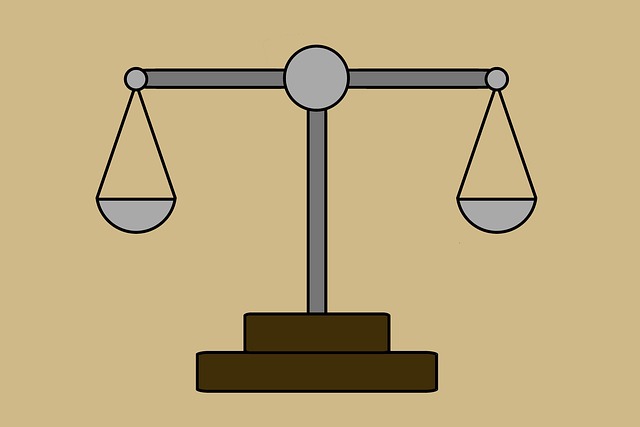
In many successful sidewalk trip and fall cases, a combination of negligence and inadequate maintenance plays a pivotal role. Property owners or management companies often face liability when their failure to keep sidewalks clear of obstacles, repair uneven surfaces, or promptly clean up slippery substances results in injuries for passersby. Common scenarios include poorly maintained handrails, broken or raised pavement stones, potholes, and debris left on the sidewalk after construction projects.
Another factor contributing to successful claims is the ability to demonstrate significant client recovery. This can be achieved through medical records showcasing extensive injuries, lost wages due to employment disputes stemming from the incident, and property damage claims related to the fall. Such evidence strengthens the case and increases the likelihood of a favorable settlement or verdict.
Notable Settlements and Their Impact
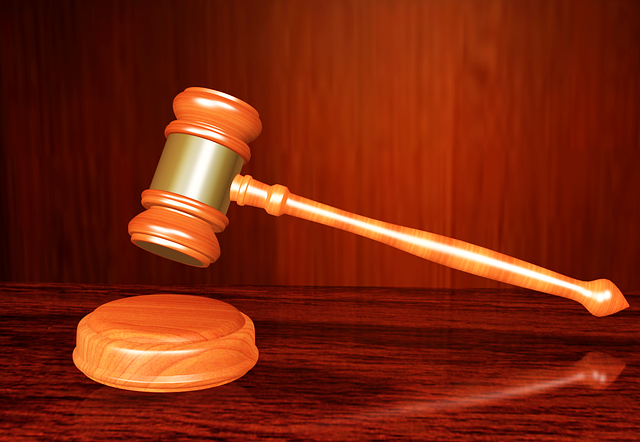
Notable Settlements in Sidewalk Trip and Fall Cases have set important precedents and highlighted the importance of safe public spaces. One significant case involved a plaintiff who suffered severe injuries after slipping on a loose manhole cover, leading to a substantial settlement. This case not only resulted in financial compensation for the victim’s medical expenses and pain but also brought attention to the municipality’s responsibility in maintaining infrastructure. It served as a wake-up call for local governments to enhance their safety measures and prompt inspections.
Another notable instance was a lawsuit against a property owner due to a poorly maintained sidewalk, resulting in a fall and severe injuries. The settlement not only covered medical negligence but also breach of contract, as the owner had a legal obligation to keep the premises safe for pedestrians. This case set a precedent for holding property owners accountable and ensuring they fulfill their contractual responsibilities, potentially saving others from similar accidents and injuries.
Sidewalk trip and fall cases, while seemingly simple, can lead to significant legal outcomes and have a profound impact on both individuals and communities. By analyzing high-profile cases and understanding common causes, we can appreciate the importance of maintaining safe public spaces. Notable settlements not only provide financial compensation for victims but also serve as a catalyst for cities and businesses to enhance their liability and improve pedestrian safety, ultimately preventing future incidents.
